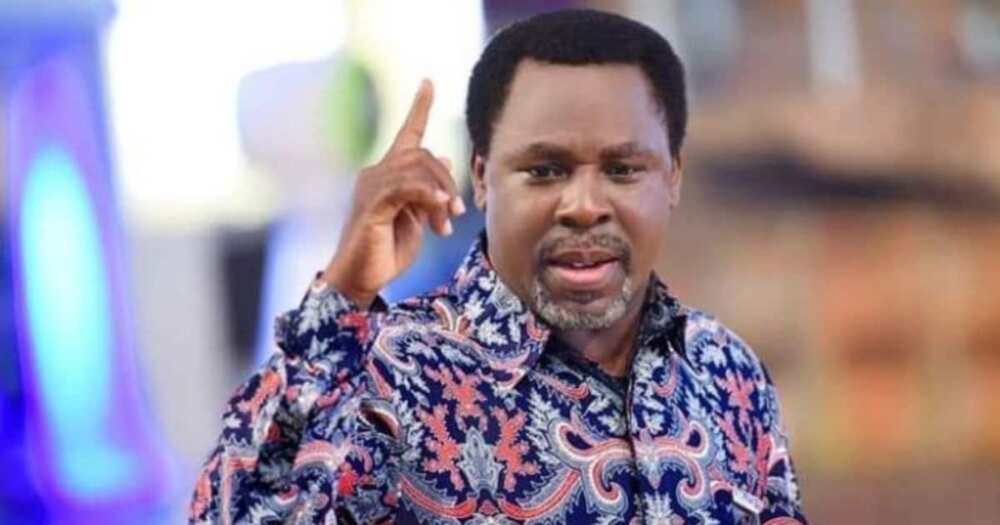In the wake of a controversial BBC documentary on the late Pastor Temitope Joshua, the founder of the Synagogue Church of All Nations (SCOAN), a pastor in the Redeemed Christian Church of God, Debo Akinyemi, has shared his experiences with the late pastor in a write-up published by ChurchTimes Nigeria.
Akinyemi, who had a brief association with TB Joshua, expressed the need to contribute to the ongoing controversy surrounding the recent expose released by the BBC. He stated that opinions on whether Joshua was a genuine man of God or not remain divided.
The pastor recalled encountering TB Joshua in the late ’90s when the latter was still an itinerant white garment prophet, making frequent visits to Today’s Choice, a magazine where Akinyemi worked as the Sports Editor. He noted that Joshua sought publicity for his church as an upcoming church owner during those visits.
Later, when their paths crossed again, Akinyemi discovered that TB Joshua owned The Exclusive, a weekly newspaper. Despite Joshua’s non-appearance in the list of management and board members, he exerted considerable influence over the paper’s management. Akinyemi, initially apprehensive, sought counsel from his provincial pastor, who advised him to take up the appointment as deputy editor.
However, Akinyemi soon observed disturbing patterns during his tenure. He noted that TB Joshua was primarily active at night, summoning senior editorial staff for late-night meetings that often lasted only a few minutes. Despite mundane topics, Joshua would keep the team waiting for hours and offer lavish meals. While the pastor never partook in the food, his colleagues would consume it in abundance.
The pastor highlighted Joshua’s practice of directing the team to pass the night on the church premises after late-night meetings. Akinyemi chose to go home, finding it odd that Joshua would deliberately invite them for a meeting and prevent them from returning home. However, he acknowledged that Joshua never forced anyone to stay, and on one occasion, even arranged for his security backup vehicle to drop him home at 3 am.
Despite his reservations, Akinyemi couldn’t avoid the envelopes filled with money that Joshua distributed at each meeting, often containing substantial sums. This apparent generosity raised questions about its purpose, especially as it disrupted editorial schedules.
Akinyemi also observed the inner workings of TB Joshua’s church during his frequent visits. The pastor maintained a large group of special workers called disciples, many of whom were attractive young ladies. They were forbidden from having secular jobs, not allowed to own savings or carry money, and lived a highly regulated life under Joshua’s control.
The disciples lived in fear of the prophet, unable to step outside the church gate without his approval. Despite their regulated lives, they appeared content but lived in separation from their families. Those who violated the rules faced severe consequences, disappearing without a trace or being ejected into a challenging life outside the church. Akinyemi recounted encountering an evicted disciple who, after a few months, had deteriorated into a pitiable state, resembling madness.
These revelations add to the ongoing discussions and debates surrounding the legacy and practices of TB Joshua, who passed away in June 2021.


